Should Edinburgh Fringe have cancelled Jerry Sadowitz?
Controversial comedian’s show pulled from world’s largest arts festival over ‘not acceptable’ material
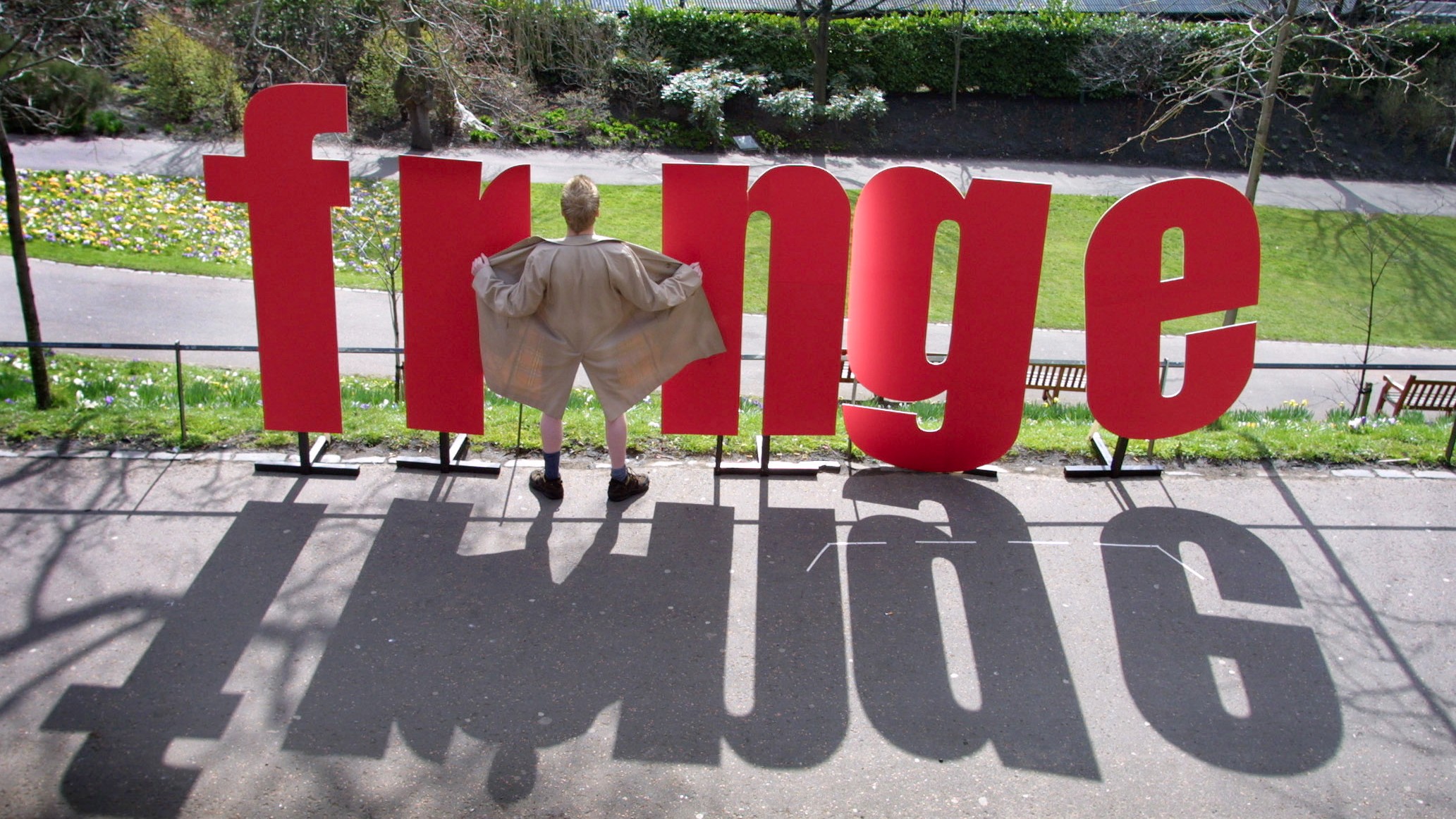
A free daily email with the biggest news stories of the day – and the best features from TheWeek.com
You are now subscribed
Your newsletter sign-up was successful
The world’s largest arts festival is at the centre of a row about free speech and censorship after a show by comedian Jerry Sadowitz was cancelled.
The US-born Scottish comic and magician performed the first night of his Not For Anyone show at the Edinburgh Fringe on Friday night. A warning had been issued by the venue, the Pleasance theatre, before the performance that the content included “strong language and themes some may find distressing”.
But after what The Guardian described as an “unprecedented” number of complaints, the second night was pulled by promoters, who described Sadowitz’s material as “extreme in its racism, sexism, homophobia and misogyny”.
The Week
Escape your echo chamber. Get the facts behind the news, plus analysis from multiple perspectives.

Sign up for The Week's Free Newsletters
From our morning news briefing to a weekly Good News Newsletter, get the best of The Week delivered directly to your inbox.
From our morning news briefing to a weekly Good News Newsletter, get the best of The Week delivered directly to your inbox.
Why was the show cancelled?
According to The Guardian, “about 30-40 people walked out of the Friday night show”, the first of two planned performances.
The BBC reported that bosses at the Pleasance, at the Edinburgh International Conference Centre, “declined to give detail about what aspects of Sadowitz’s material led to the cancellation”.
An audience member told The Scottish Sun that Sadowitz used racist language to describe Tory leadership contender Rishi Sunak and “said the economy was awful because it is run by ‘blacks and women’”.
The comedian also “got his penis out to a woman in the front row”, said the unnamed audience member.
A free daily email with the biggest news stories of the day – and the best features from TheWeek.com
In a statement announcing the show had been cancelled “with immediate effect”, the Pleasance Theatre Trust said that Sadowitz had crossed a line and that controversial comedians “need to be challenged” in a “changing world”.
Director Anthony Alderson said that the Pleasance “is a venue that champions freedom of speech and we do not censor comedians’ material”. But “while we acknowledge that Jerry Sadowitz has often been controversial, the material presented at his first show is not acceptable and does not align with our values”, he added.
What has the response been?
In a statement released on Twitter, Sadowitz defended his decision to expose himself on stage and said his act was being “cheapened and simplified as unsafe, homophobic, misogynistic and racist”.
And many sympathetic to the comedian took to social media to ask “why someone went to a controversial show knowing that they might be offended and [to point out] that nudity is not uncommon in shows at the Fringe”, Indy 100 reported.
Sadowitz has long been known for his “deeply provocative brand of comedy”, said The Jewish Chronicle. A 1987 recording of his Edinburgh Fringe show was removed from sale due to fears Jimmy Savile would sue over accusations the presenter was a paedophile, while in 1991 he was knocked unconscious at a show in Montreal after making insulting remarks about Canadians.
The cancellation of a show at the world’s largest arts festival has “led to concerns being expressed by fellow comedians,” reported The Guardian.
Richard Herring described it as “a very worrying development”, while feminist campaigner Lucy Hunter Blackburn told the Scottish Daily Express: “I first came to the Fringe in 1986. The cancelling of Jerry Sadowitz (who I’ve never seen – not my bag, I strongly assume I’d not enjoy his material) feels like an important moment – something to stop and look at hard.” Comedian Simon Evans went further telling Sadowitz: “If you can identify the line that got you cancelled then I for one am willing to nick it. And I think every other comic should too. This is our Spartacus moment.”
The Daily Mail reported that TV presenter Piers Morgan and Harry Potter author J.K. Rowling, both outspoken critics of cancel culture, were among comedians, authors and journalists who have criticised the decision to cancel the show, especially coming just a day after author Salman Rushdie was stabbed on stage in the US.
-
 Local elections 2026: where are they and who is expected to win?
Local elections 2026: where are they and who is expected to win?The Explainer Labour is braced for heavy losses and U-turn on postponing some council elections hasn’t helped the party’s prospects
-
 6 of the world’s most accessible destinations
6 of the world’s most accessible destinationsThe Week Recommends Experience all of Berlin, Singapore and Sydney
-
 How the FCC’s ‘equal time’ rule works
How the FCC’s ‘equal time’ rule worksIn the Spotlight The law is at the heart of the Colbert-CBS conflict
-
 Disney bets big on AI, but not everyone sees a winner
Disney bets big on AI, but not everyone sees a winnerTalking Points The company will allow users to create their own AI content on Disney+
-
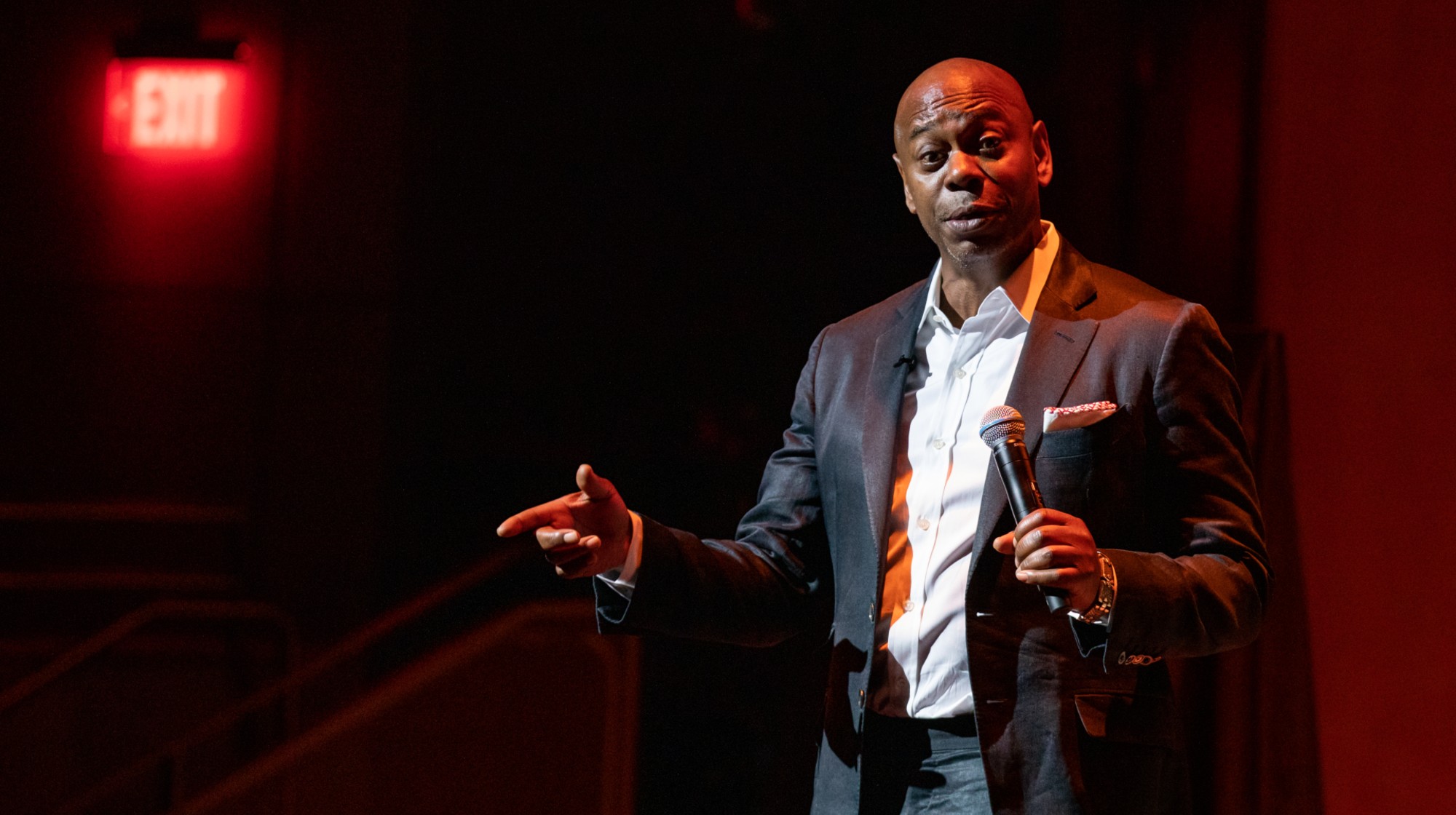 Saudi comedy fest exposes free speech schism in stand-up
Saudi comedy fest exposes free speech schism in stand-upIN THE SPOTLIGHT The decision by some of stand-up’s biggest names to attend a festival in a nation infamous for its censorship has the comedy world picking sides and settling old scores
-
 Alan Davies: Think Ahead – 'gifted' comedian's first stand-up show in a decade
Alan Davies: Think Ahead – 'gifted' comedian's first stand-up show in a decadeThe Week Recommends The QI panellist 'rawly' discusses childhood abuse in this 'compelling' show
-
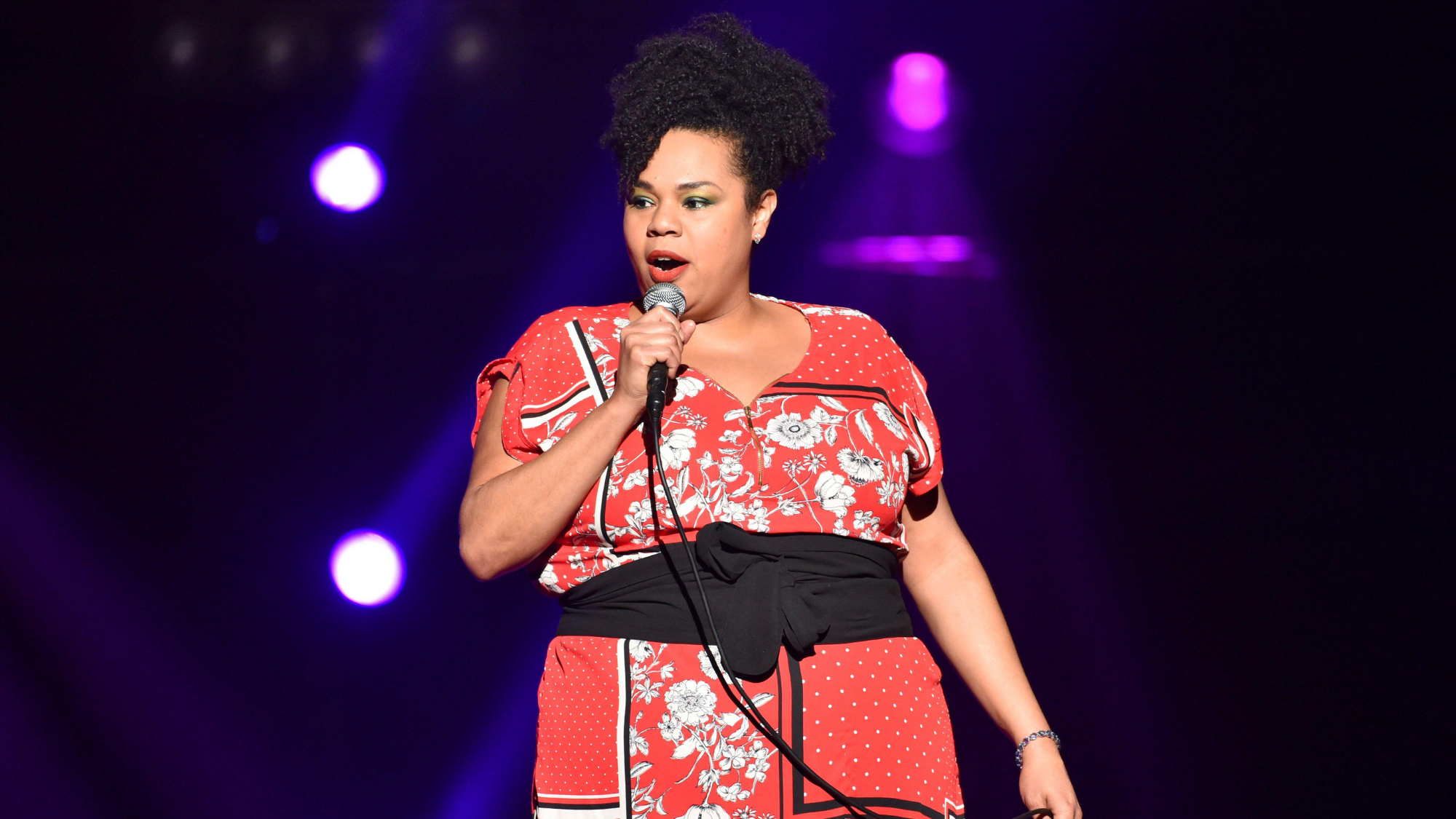 The best shows to see at Edinburgh Fringe 2025
The best shows to see at Edinburgh Fringe 2025The Week Recommends The world's biggest arts festival is back with an incredible line-up
-
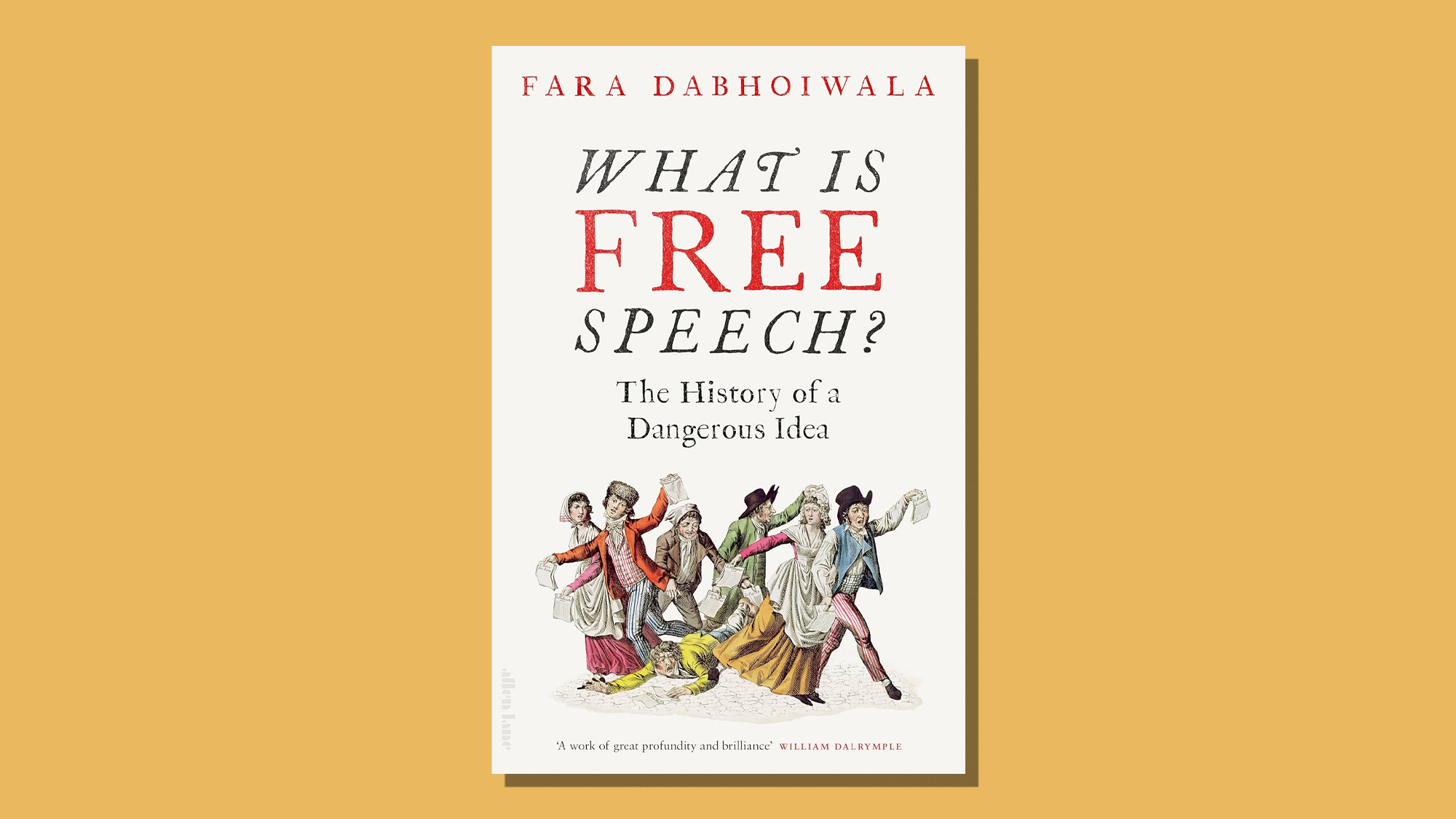 What is Free Speech?: a 'meticulous' look at the evolution of freedom of expression
What is Free Speech?: a 'meticulous' look at the evolution of freedom of expressionThe Week Recommends Fara Dabhoiwala provides both history and critique while 'correcting misconceptions'
-
 Spotify Wrapped: a slave to the algorithm?
Spotify Wrapped: a slave to the algorithm?Talking Point Some listeners aren't convinced by the streaming platform's AI features – or what they say about their music habits
-
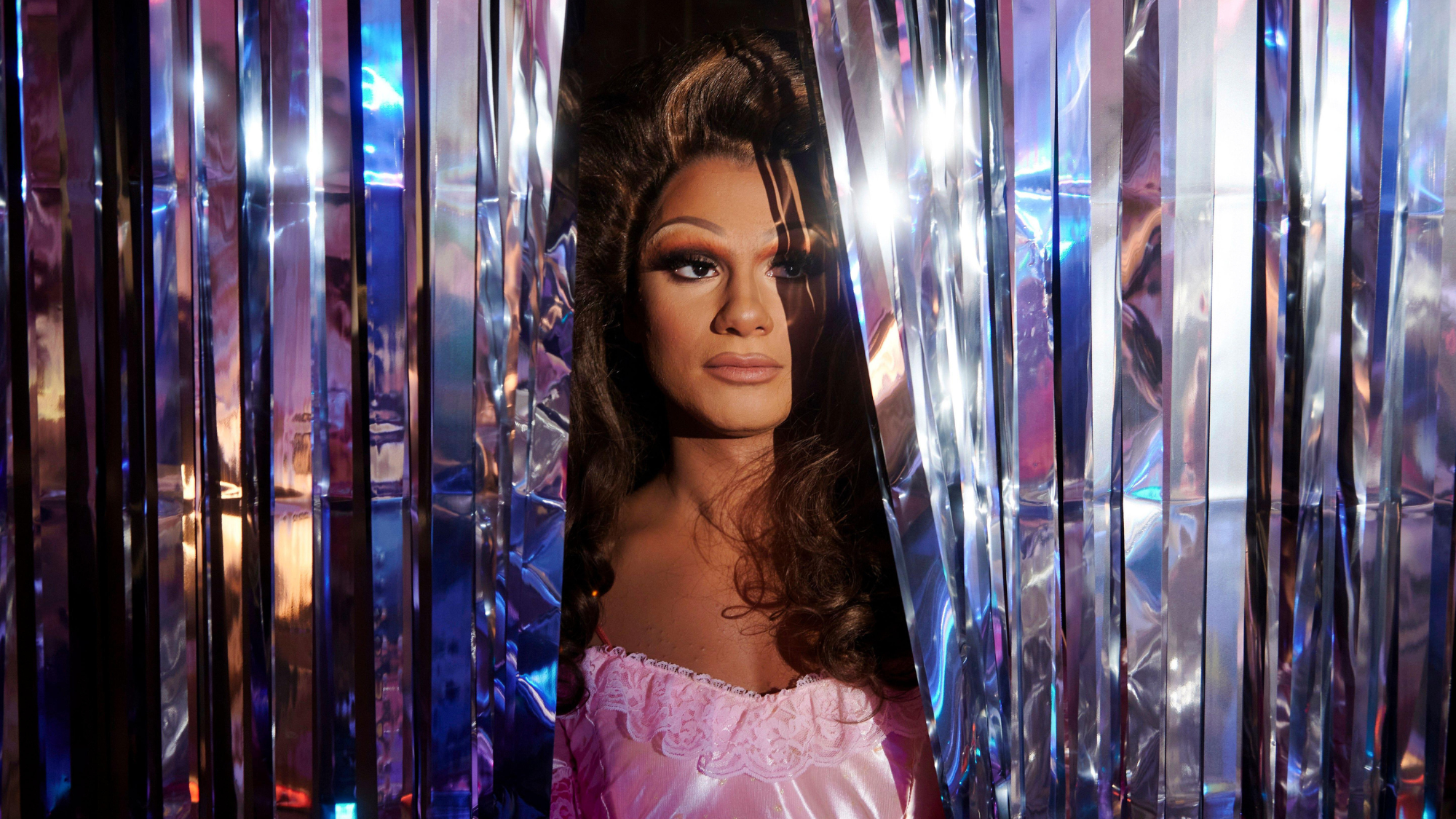 Layla: Amrou Al-Kadhi's queer love story splits critics
Layla: Amrou Al-Kadhi's queer love story splits criticsTalking Point Bilal Hasna gives a 'winning performance' in starring role – but the romance feels 'bland'
-
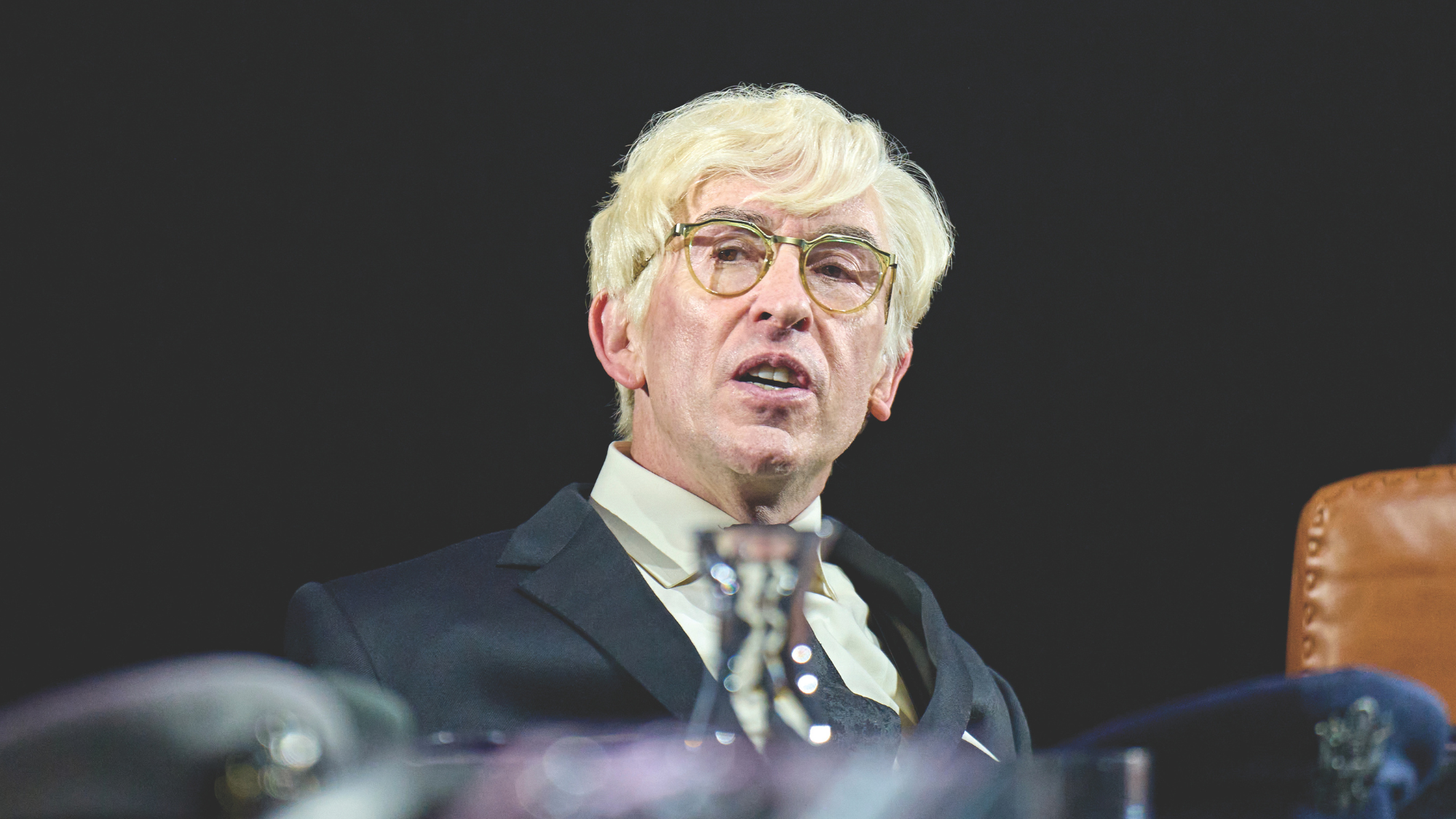 Dr. Strangelove: is stage adaptation of iconic film a 'foolish' move?
Dr. Strangelove: is stage adaptation of iconic film a 'foolish' move?Talking Point Steve Coogan puts on a dazzling performance in show that falls short of 'the real thing'